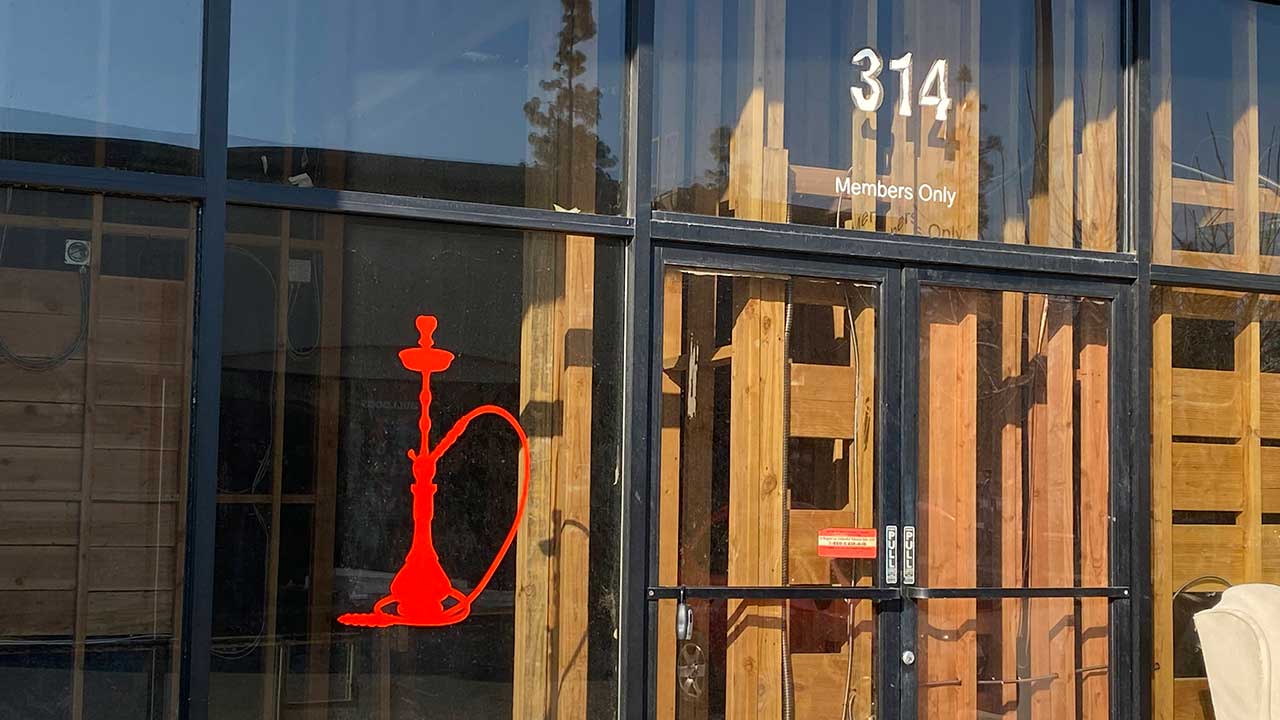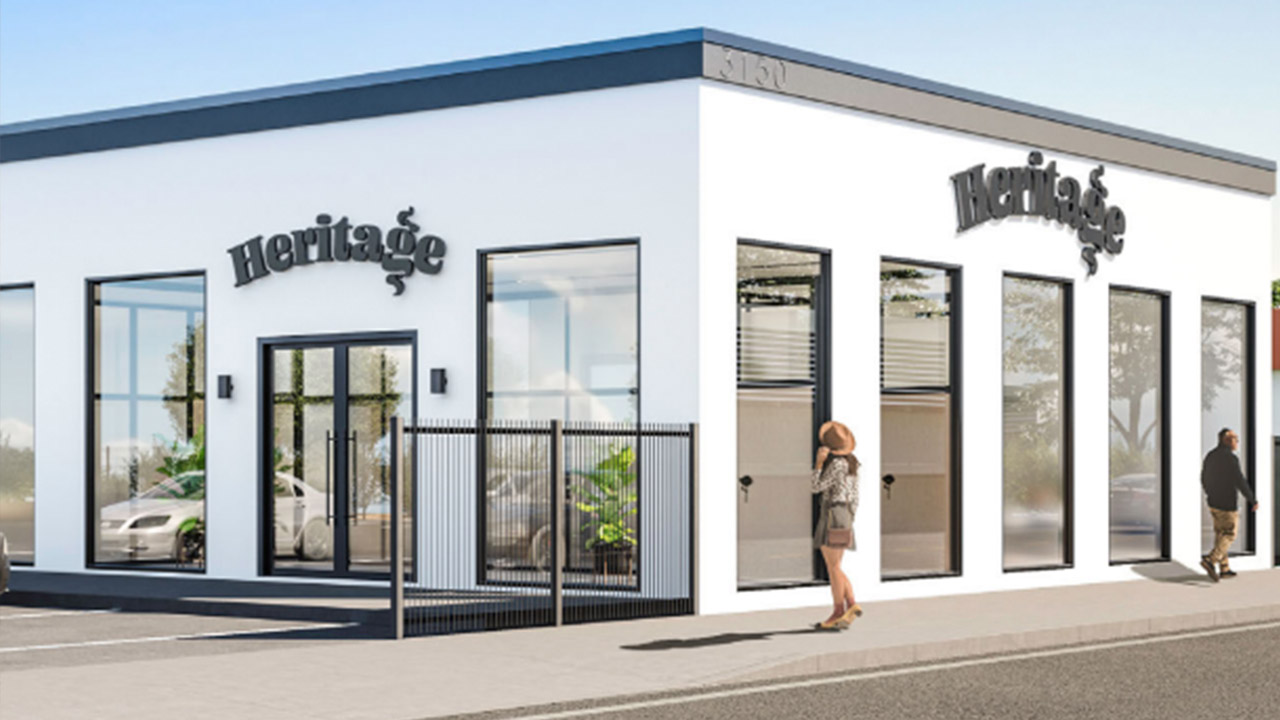Fresno Loses Millions in Revenue as Legal Cannabis Is Slow to Bloom – GV Wire
When California voters approved the legal use of recreational marijuana, cities hoped that green could turn to green. Money from cannabis taxes could be used on pressing needs such as public safety, road repairs, and affordable housing.
However, the city of Fresno has been slow to reap the millions of tax dollars promised annually from marijuana sales since its system was set up in 2018.
“These businesses will generate substantial revenue to the City, as much as $10 million per year,” a staff report at the time said, based on 14 licenses. The city council later expanded the licenses to 21.
The city budget approved last June estimated there would be $4 million in sales tax revenue in Fiscal Year 2023 (through June 30, 2023), with another $1.4 million in application, permit, and renewal fees.
“I don’t think we should have counted our chickens before they hatched,” says Fresno City Councilman Luis Chavez.
Just Two Retailers Open
Both The Artist Tree and Embarc opened on the same day, July 11, 2022. It is unclear how much the city collected from them through the end of 2022.
“That’s a hole that we’re going to have to fill, obviously, with the recession coming,” Chavez said. “That’s a big concern. Obviously, we had planned on using that for public safety and other city services. And now we don’t we won’t have that revenue. So we’ve got to make account for it somewhere else. And that’s going to be a tough conversation.”
The city is still calculating tax revenue the businesses have generated for Fresno. GV Wire asked the city several times for the tax figures. The city said it will present an update to the city council on Feb. 23. An interview request with City Manager Georgeanne White was also offered after the presentation.
A public records request through the City Attorney’s Office was denied because “local tax information received by the City is confidential and exempt from disclosure.” First Amendment attorneys tell GV Wire this is an incorrect interpretation.
A Slow Roll-Out
Although the city issued 21 permits in 2021, appeals whittled that down to 19. Council redistricting in 2021 also altered the balance of three licenses in each of the seven council districts. For example, District 4 has four while District 7 has one.
The city has yet to announce how it will resolve that imbalance, or award the remaining two licenses.
Ownership groups for the two open cannabis retailers say business is good, although neither The Artist Tree nor Embarc are willing to share numbers. Both said the city should expect “hundreds of thousands” in sales tax.
A third retailer could open by spring, says Kacey Auston, who has two cannabis permits.
Auston said construction to convert a former Eyemart Express — at the corner of Blackstone and Shaw avenues in central Fresno — to a Cookies brand cannabis retailer will start in a few weeks.
“I think the process has been very difficult from the beginning, and I think it’s because there was a lot of hesitancy from the council,” said Chavez, who represents District 5 in southeast Fresno. “I think it’s because it’s a new industry and people are still a little bit skeptical.”
This Valley First Credit Union will eventually become an Infinity Assets cannabis location. (GV Wire/David Taub)
At nearly every proposed location yet to open, work is slow to nonexistent. Infinity Assets, proposed at 618 E. Shaw — across the street from the Fashion Fair mall — cannot move into its building because the current tenant, Valley First Credit Union, still operates there. The cannabis retailer says it may open by the end of the year.
Chris Hester, a partner with Infinity Assets, says the “rule of thumb” is $1 million to open a store.
“Anything less than a $500,000 investment I would consider bootstrapping the project,” Hester said.
Hester said entities with multiple locations around the state benefit by scaling costs. Infinity Assets has locations in 14 cities, including Merced and Atwater.
“It wouldn’t be crazy to assume that most of the operators that are opening up multiple stores are cash-strapped to some respect. The lengthiness of the application process in Fresno could be attributed to the lack of federal legalization and the downturn of the U.S. economy. In essence, this cumbersome process that requires a lot of cash is likely being delayed because of the lack of cash,” Hester said.
Other members of retail groups told GV Wire privately that investments in marijuana retailers have dried up since permits were issued in 2021.
Revenues Behind Budget Projections
The city charges a 4% tax on retail cannabis sales, on top of regular sales tax.
While the city awaits the tax revenue figures collected so far, it missed the mark in the prior fiscal year. The city estimated it would receive $4.3 million from cannabis (taxes and fees) for FY 2022. The actual amount was less than 10% of that, $410,000.
In 2018, city voters approved Measure A, dedicating 10% of the retail taxes location to a specific community benefit fund. The measure also approved creating a nine-member committee to recommend how to spend the money.
Even though it has been four years after the measure’s passage and eight months since retailers opened, the committee has not been established.
Tour of Locations Shows Little Progress
Lauren Carpenter, CEO of Embarc, has a permit for a second Fresno retail location. She anticipates it will open later this year.
“Cannabis is often described as “building an airplane while in the air” and in many ways this is true. I can only speak to our experience, but in working through this process we have found the city to be collaborative, transparent, and committed to building a healthy legal cannabis market in Fresno,” Carpenter said.
GV Wire visited the 17 locations that have yet to open. Only one, Culture Cannabis at 314 E. Bullard, looks like it is working on renovations. The location is a former hookah lounge.
Barigye McCoy, the proprietor of two Culture Cannabis Club retail locations, says he is still working through the city’s conditional use permit process. Operators need a CUP before opening.
There appears to be some work at a former hookah lounge in north Fresno that will eventually become a Culture Cannabis. (GV Wire/David Taub)
Several others remain boarded up or in a state of disrepair. Heritage by Sweet Flower, at 3150 E. Olive Ave., is a former laundromat and convenience store, with bars over the windows. Remnants of abandoned washing machines are inside.
“We’re working as fast as we can,” owner Timothy Dodd said. “I look forward to renovating and improving the quality of life in the area.”
Above: what 3150 E. Olive Avenue looks like now. (GV Wire/David Taub). Below: a rendering of what it could look like as Heritage by Sweet Flower. (City of Fresno)
No Byline Policy
Editorial Guidelines
Corrections Policy
Source




